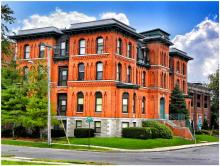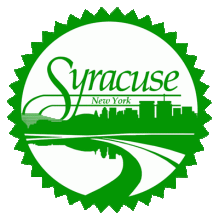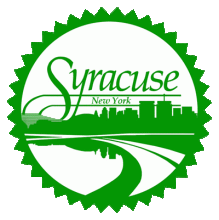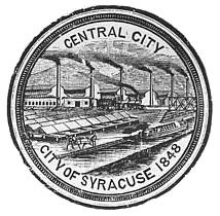Syracuse, NY Community Broadband Network Steadily Expands
Syracuse, NY officials say the city’s community-owned broadband network Surge Link continues to dramatically expand two years after the network first launched, bringing affordable broadband access to the city of 145,000 – with a particular eye on helping the city’s disadvantaged.
A recent update from the city states that the network now serves more than 9,200 households in Syracuse, located in central upstate New York. The latest expansion brought the service into the city’s Valley, Skunk City, Washington Square, Northside, Prospect Hill and Hawley-Green neighborhoods in early July.
The Surge Link initiative is part of a broader $15 million investment into fixed-wireless access broadband infrastructure into a city traditionally left underserved by giant regional telecoms.
A lack of competition between dominant regional monopolies Charter (Spectrum) and Verizon has resulted in spotty access, high prices, and slow speeds.

The lion’s share of Surge Link’s latest expansion was made possible by a $10.8 million grant from the New York State ConnectALL initiative, a multi-layered billion-dollar project to dramatically boost high speed Internet access across the state leveraging a series of new grant programs, education initiatives, broadband mapping improvements, and digital equity proposals.











